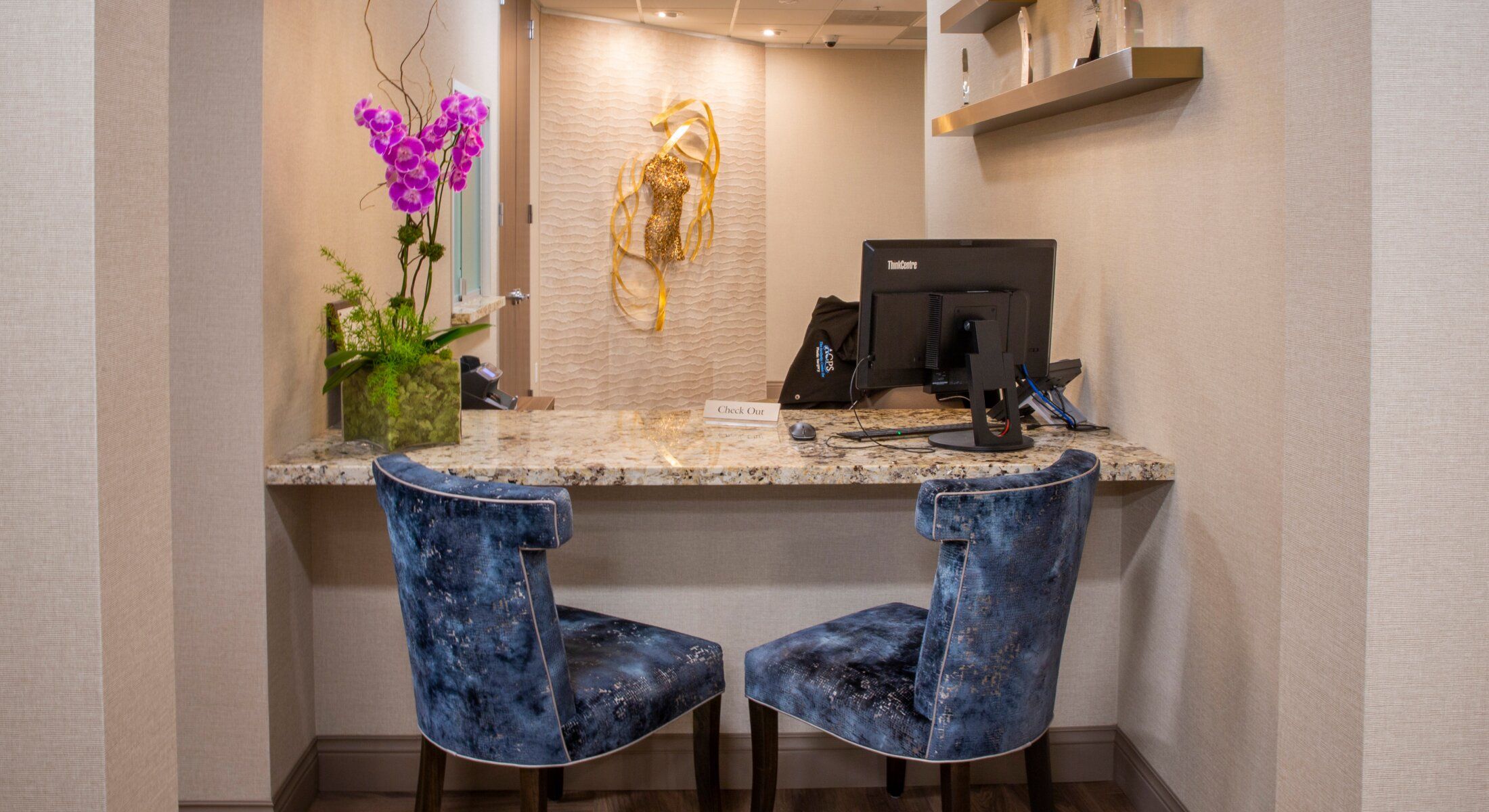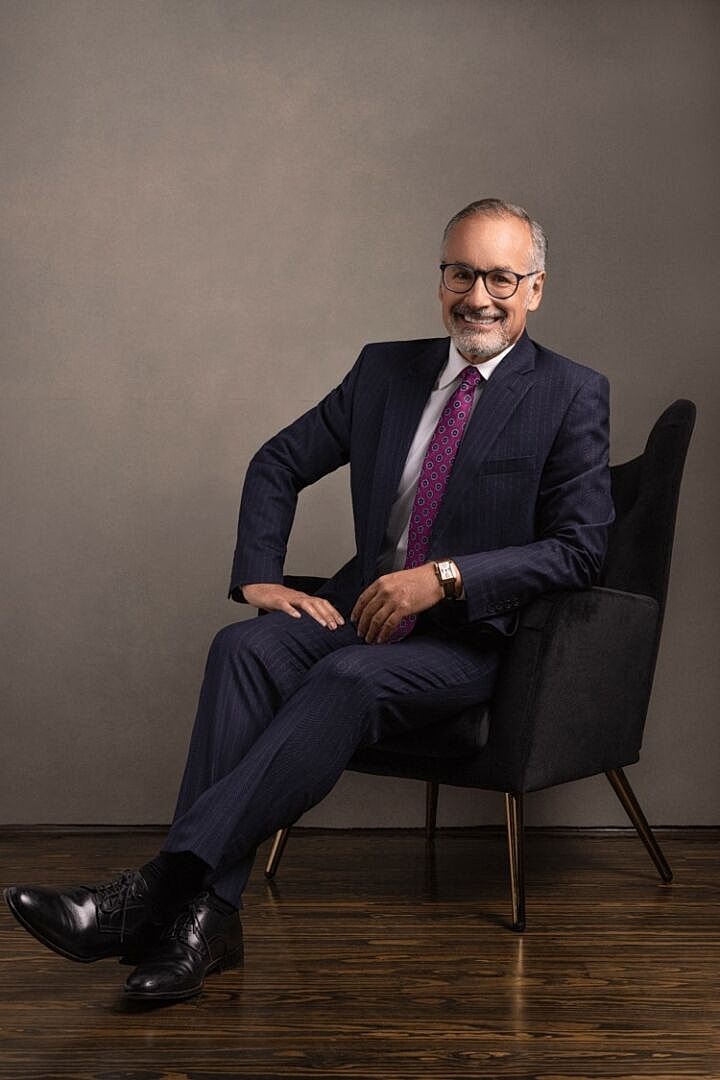




Filters and photo editing apps have changed how we see ourselves. With just one swipe, social media platforms like Snapchat and Instagram can smooth your skin tone, slim your nose, brighten your eyes, and give you that “perfect photo” look. These altered images are fun, but they also create a problem: more teens and young adults are starting to feel inadequate when they compare their actual appearance to their filtered selfies.
This growing trend, called Snapchat Dysmorphia, is connected to body image issues and even body dysmorphic disorder (BDD), a mental health condition where someone becomes overly focused on perceived flaws. Facial plastic surgeons and cosmetic doctors around the world are reporting more patients seeking plastic surgery to look like their edited photos.
At Paul F. Fortes MD Plastic Surgery in Houston, we see this influence daily. Patients come in with filtered photos or screenshots from social media accounts and ask for those exact changes. Dr. Paul Fortes, a double board-certified plastic surgeon with over 25 years of experience and 10,000+ surgeries, takes these requests seriously, but with an important perspective. Surgery should never be about chasing unrealistic expectations or distorted beauty standards. It’s about restoring confidence, achieving balance, and embracing a natural appearance.
Snapchat Dysmorphia describes when people want cosmetic procedures so they can look like the filtered versions of themselves. The phrase began showing up in medical journals like JAMA Facial Plastic Surgery after surgeons noticed more patients bringing in selfies with Snapchat filters as “goals.”
Unlike reconstructive surgery, which restores function after injury or illness, Snapchat Dysmorphia is rooted in body image dissatisfaction. Filters don’t just erase blemishes. They change facial features, making eyes larger, lips fuller, and facial imperfections vanish entirely. When someone scrolls through social media usage filled with altered images, they can start to lose touch with their self-image.
For some, this leads to negative thoughts, social anxiety, and a constant need for reassurance about their looks. In more serious cases, body dysmorphia can overlap with eating disorders, anxiety disorders, obsessive-compulsive spectrum behaviors, or even self-harm and suicidal behavior. This is why the conversation isn’t just about cosmetic surgery, it’s about mental health and everyday health.
Why are social media apps so powerful? It comes down to repetition and comparison. Seeing filtered selfies every day can convince the brain that this is how one’s appearance “should” look. Over time, this distorted self-image creates negative body image and body dissatisfaction.
Psychology Today and the International Journal of Eating Disorders have both reported that social media filters are linked to rising concerns about self-worth, self-esteem, and beauty standards among young people. Constant comparison to perfectly primped, edited influencers can make even confident people feel terrible about a slight defect or regular facial features.
This is why more patients, especially young adults, are seeking plastic surgery and cosmetic procedures. They hope dermal fillers, facial plastic surgery, or other treatments will make their real life match their digital image. But Dr. Fortes reminds patients that surgery should never erase individuality. Cosmetic surgeons can help refresh and refine, but the goal is to highlight your natural appearance, not to recreate a filtered selfie.
With social media filters shaping expectations, plastic surgeons face a growing responsibility; Just because a request is technically possible doesn’t make it the right decision.
Dr. Fortes takes consultations seriously. He listens closely, asks about motivations, and looks for signs of body dysmorphic disorder BDD or body image disorder. If a patient is focused on tiny flaws or requests unrealistic changes, he gently educates them on what cosmetic surgery can and cannot achieve. In some cases, he may recommend speaking with a mental health professional before moving forward.
Dr. Fortes’ core philosophy is that there’s no one-size-fits-all solution. Every plan is customized based on what is best for the patient. His role as a surgeon isn’t just about surgical skill, it’s about protecting patients from negative body image spirals and helping them feel comfortable in their own skin.
Here in Houston, more patients are beginning to push back against unrealistic expectations. Instead of chasing filtered photos, they’re asking for natural enhancements that reflect their true self-image.
This trend is encouraging; it shows that more patients are beginning to value authenticity and are choosing cosmetic surgery that feels like a refreshed version of themselves instead of an airbrushed, pixelated version.. Many are realizing that chasing a perfect photo is impossible, and that their social life and self-worth improve more with positive body image than with extreme alterations.
Dr. Fortes has seen this shift firsthand. Houston patients often come in saying they want to look like themselves, only better rested, more youthful, or more balanced. These conversations prove that confidence comes from embracing your actual appearance, not editing apps.
So how do plastic surgeons like Dr. Fortes help patients look natural while still addressing their concerns? Here are some of the procedures that support timeless, realistic results:
These facial plastic procedures restore youthful contours without changing facial features beyond recognition. They’re about natural appearance and vitality, not making you look like someone else.
Tired eyes and drooping lids can cause negative body image issues. Eyelid surgery refreshes the face and boosts self-esteem by helping the outside match how you feel inside.
Life changes can lead to body dissatisfaction. Reconstructive surgery elements combined with cosmetic procedures can restore confidence and proportion while respecting each patient’s individuality.
These aren’t meant to be used to chase a “perfectly primped” figure. They’re about making precise changes that refine one’s appearance, reduce body dissatisfaction, and create balance that feels natural.
Subtle enhancements like fillers can help smooth facial imperfections or restore volume loss without creating an “overdone” look.
The golden rule? The best cosmetic doctors know that natural appearance beats digital image perfection every time.
Snapchat Dysmorphia is a real challenge in today’s world, but it doesn’t have to define how we see ourselves. Social media usage may increase exposure to edited images, but with the right guidance, patients can protect their mental health, strengthen self-worth, and build a positive body image.
At Paul F. Fortes MD Plastic Surgery in Houston, patients find more than surgical expertise. They find psychological support, honest conversations, and a surgeon who values integrity as much as artistry. Dr. Fortes helps patients avoid unrealistic expectations and instead focus on natural results that truly improve confidence.
If you or someone you love is struggling with body image disorder, body dysmorphic disorder, or negative thoughts tied to one’s appearance, talking to a mental health professional is an important first step. For anyone experiencing self-harm or suicidal behavior, please reach out to the National Suicide Prevention Lifeline at 988 for immediate support.
When you’re ready to explore safe, natural cosmetic procedures with a trusted surgeon, Dr. Fortes is here for you. With over 25 years of experience and a reputation for artistry, balance, and ethical practice, he’s dedicated to helping Houston patients move past filtered selfies and into a more confident, authentic real life.
Schedule a consultation today and discover what beauty looks like when it’s real.
Dr. Paul F. Fortes, a distinguished, dual-board-certified plastic surgeon based in Houston, TX, offers an elite standard of care defined by a rare blend of artistic sensibility and scientific rigor. Dr. Fortes believes superior aesthetic results are never "off the rack," but are meticulously customized and individually crafted to meet each patient’s unique vision. He approaches every procedure with the precision of an artisan, ensuring the safest, most harmonious, and exquisitely detailed outcomes that stand apart from the ordinary.
Trusting your aesthetic goals to Dr. Fortes means placing your care in the hands of a provider with impeccable credentials. A graduate of Rice University (Magna Cum Laude) and an inductee of the exclusive Alpha Omega Alpha Honor Medical Society, he completed an extensive eight-year surgical residency, including three years of specialized plastic surgery training at the prestigious Northwestern Medical Center in Chicago. Recognized for over a decade as a Texas Super Doctor, Dr. Fortes affirms his position as a preeminent leader, solidifying him as THE trusted expert for those seeking truly transformative, beautiful, and enduring results.
